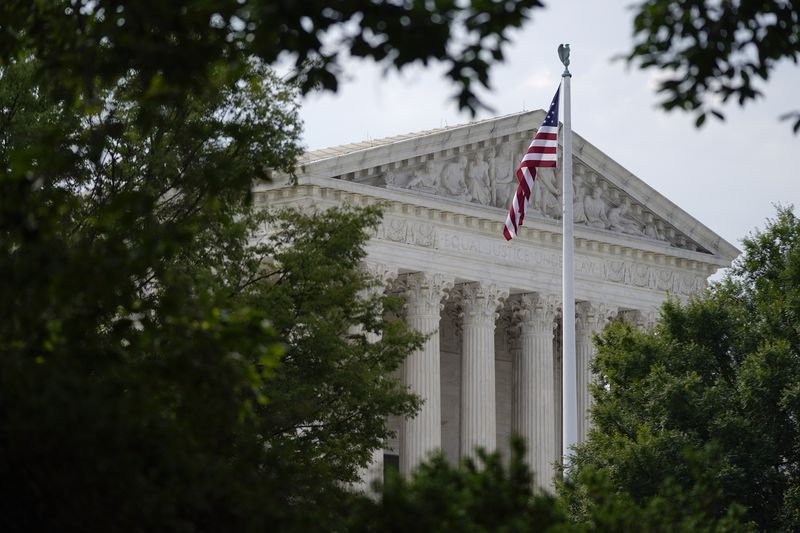Alabama lawsuits about who owns the extra proceeds of property seized by county governments and sold for back taxes may be impacted by a U.S. Supreme Court ruling in favor of a Minnesota property owner facing a similar government seizure.
In the Minnesota case, a county seized a 94-year-old woman’s condo to pay $15,000 in back taxes but sold it for $40,000 and kept the surplus.
“I think the U.S. Supreme Court makes it clear that these surplus funds do represent property rights,” said Attorney Will Hereford who represents several property owners in lawsuits in Alabama that are similar in nature to the Minnesota case decided by the nation’s high court last week.
“A surplus that results from property being sold for taxes represents a property right that’s to be returned to the owner,” said Hereford.
One property rights case in Shelby County, and another in Jefferson County, center around the question of whether county governments must give the former property owners any surplus left after back taxes are settled through sales of the seized property. Or can a county pocket the profits?
“What we’re focused on are persons or owners who were unable to redeem for one reason or another. They’re losing their property, or they’ve lost their property. They want to recover that surplus amount,” said Hereford.
Attorneys for the defendants in both cases did not respond immediately to a request for comments from AL.com.
Last year the Alabama Supreme Court ruled in favor of the property rights of property owners and stated that the excess proceeds should be returned to them, however that case only applied to properties sold before August 1, 2013 when the state legislature amended the law to require property owners to redeem properties sold at tax auctions to receive the extra proceeds from the sale.
The case involves a real estate developer, Shiloh Creek, LLC, that fell behind on $1,882.73 in taxes in 2010. In 2011, Shelby County sold the property at a tax sale, keeping an extra $24,000 of the total sale proceeds of $25,882.73. A few years later, in 2014, Shiloh Creek transferred its rights to redeem the property or claim the surplus sale amount to Jack Investment Partners LLC.
In a similar situation in Calhoun County, a real estate investor and principal agent for Strategic Municipal Funding, LLC, James Douglas, failed to pay taxes on two properties in 2008. One sold for $16,939.96 beyond the back taxes owed and the other for $9,185.35 beyond what was owed.
Both owners tried to get the excess sale proceeds returned to them, but the counties denied their requests. In 2018, a trial court ruled that the owners were not entitled to the money because of amendments from 2014 and 2017 to state law which required landowners to redeem property to get the excess proceeds returned to them.
After the state’s high court ruled in favor of those plaintiffs last year, the case returned to Shelby County where it is pending while the plaintiffs request to certify a class action suit.
According to Hereford, one aim of the existing suits filed by his firm is to create a process by which counties would be required to return surplus funds from tax delinquent sales to property owners, who are often living in poverty and are often elderly.
According to the Pacific Legal Foundation, Alabama is one of at least 11 states with laws that, along with Minnesota, allow governments to seize the excess value of properties sold at tax auctions.
Hereford said he believes the U.S. Supreme Court’s ruling makes it clear that such laws are not constitutional.
“(The government is) limited to taking property for public use and if they take property from someone, the person has to be fairly compensated for the takings.”











